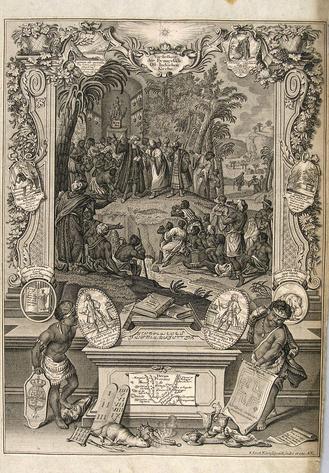Ziegenbalg’s path in understanding Indian culture

The historiography of European encounters with other cultures in the modern period has begun to extend beyond the frame of what had hitherto been an almost exclusive focus on works produced in the context of formal colonial rule. Bartholomaeus Ziegenbalg spent about ten years in Tranquebar during the first two decades of the eighteenth century, and wrote two large books on Hinduism which, together with a host of shorter reports and letters, are documents of enduring value in the attempt to understand the history of society and culture of the region. Yet, Ziegenbalg’s primary purpose in coming to Tranquebar was not to understand Indian culture, but to transform it, through conversion. It is often difficult to identify the Indian sources used by early European writers, like Ziegenbalg, on Indian religion, but it is by no means impossible. This essay will attempt to demonstrate how identifying the sources used by one early writer on Hinduism allows us to escape the iron cages set up by the analysts of colonial discourse and to allow for those moments where cultural borders were crossed, albeit in a limited and imperfect manner.
Sweetman, Will. (2014). “Retracing Bartholomæus Ziegenbalg’s Path”, in Esther Fihl and A. R. Venkatachalapathy (eds.), Beyond Tranquebar: Grappling across Cultural Borders in South India. Orient Blackswan.
